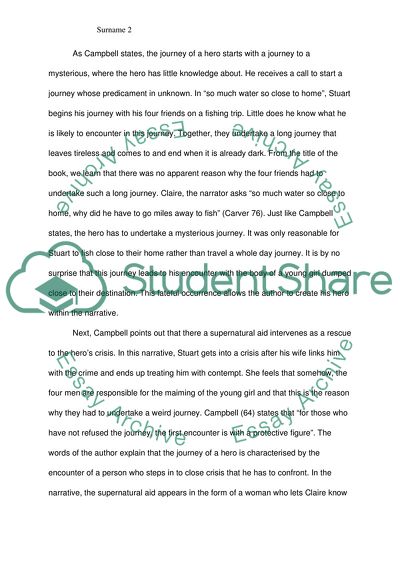Cite this document
(The Role of Context in So Much Water So Close to Home Essay, n.d.)
The Role of Context in So Much Water So Close to Home Essay. Retrieved from https://studentshare.org/literature/1849098-text-in-context-essay-assignment
The Role of Context in So Much Water So Close to Home Essay. Retrieved from https://studentshare.org/literature/1849098-text-in-context-essay-assignment
(The Role of Context in So Much Water So Close to Home Essay)
The Role of Context in So Much Water So Close to Home Essay. https://studentshare.org/literature/1849098-text-in-context-essay-assignment.
The Role of Context in So Much Water So Close to Home Essay. https://studentshare.org/literature/1849098-text-in-context-essay-assignment.
“The Role of Context in So Much Water So Close to Home Essay”. https://studentshare.org/literature/1849098-text-in-context-essay-assignment.


